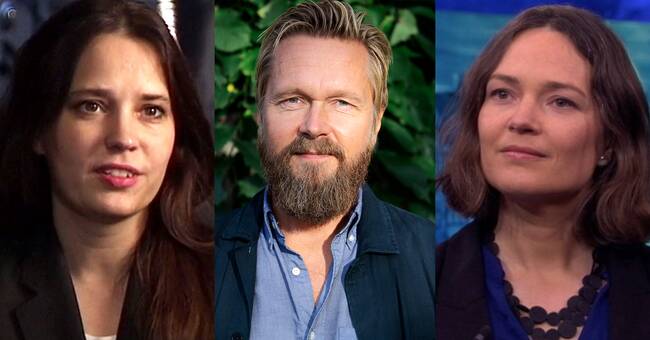Louise Glück's poetry is characterized by existential themes such as family relationships and childhood, but she also uses classical culture and myths in her narrative.
Although she is a highly acclaimed and acclaimed poet in her home country of the United States, it is not a name that is among the first to be mentioned when talking about the Nobel Prize in literature.
- I think many people appreciate that it is an unexpected name, the Nobel Prize can make many people discover unexpected authorship.
She highlights female experiences, everyday life and the family in an educated way with references to mythology and history.
He is a worthy prize winner, says Lisa Irenius, cultural director at SvD.
Prize winners from the western world
- It is a traditional and safe choice for the Swedish Academy, which is always a bit boring.
I am not a big connoisseur of Louise Glück's authorship, it must be admitted, but there is no doubt that she maintains Nobel Prize quality, says Expressen's cultural director Karin Olsson.
In recent years, the Nobel Prize in Literature has been associated with controversy, mainly in view of the crisis in the Swedish Academy and the election of Peter Handke last year.
Lisa Irenius appreciates that the Academy does not make an audience-free choice just to please the public.
- But it is another Western winner in what is considered a global literature prize.
It is also something that Anders Olsson mentioned that they were aware of and that they want to broaden their expertise, she says.
A secure card
Karin Olsson believes that the election of this year's Nobel laureate makes it something of an intermediate year, without major controversies or major tributes.
But she also points out that they are prize winners from the West.
- It shows again how difficult it is to find authorship beyond the western world.
I think the Swedish Academy thinks it was nice to move on well-known ground this year.
Maybe this year's election is a sign that everyday life has returned for the Nobel Prize in Literature, she says.
Björn Wiman, head of culture at Dagens Nyheter, thinks that Louise Glück is admittedly a strong poet, but also a sure card that shows how arbitrary the Nobel Prize is.
Hear more of Björn Wiman's reasoning in the clip.

